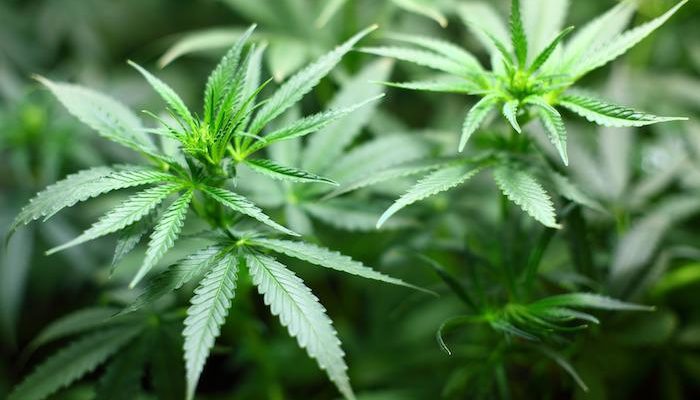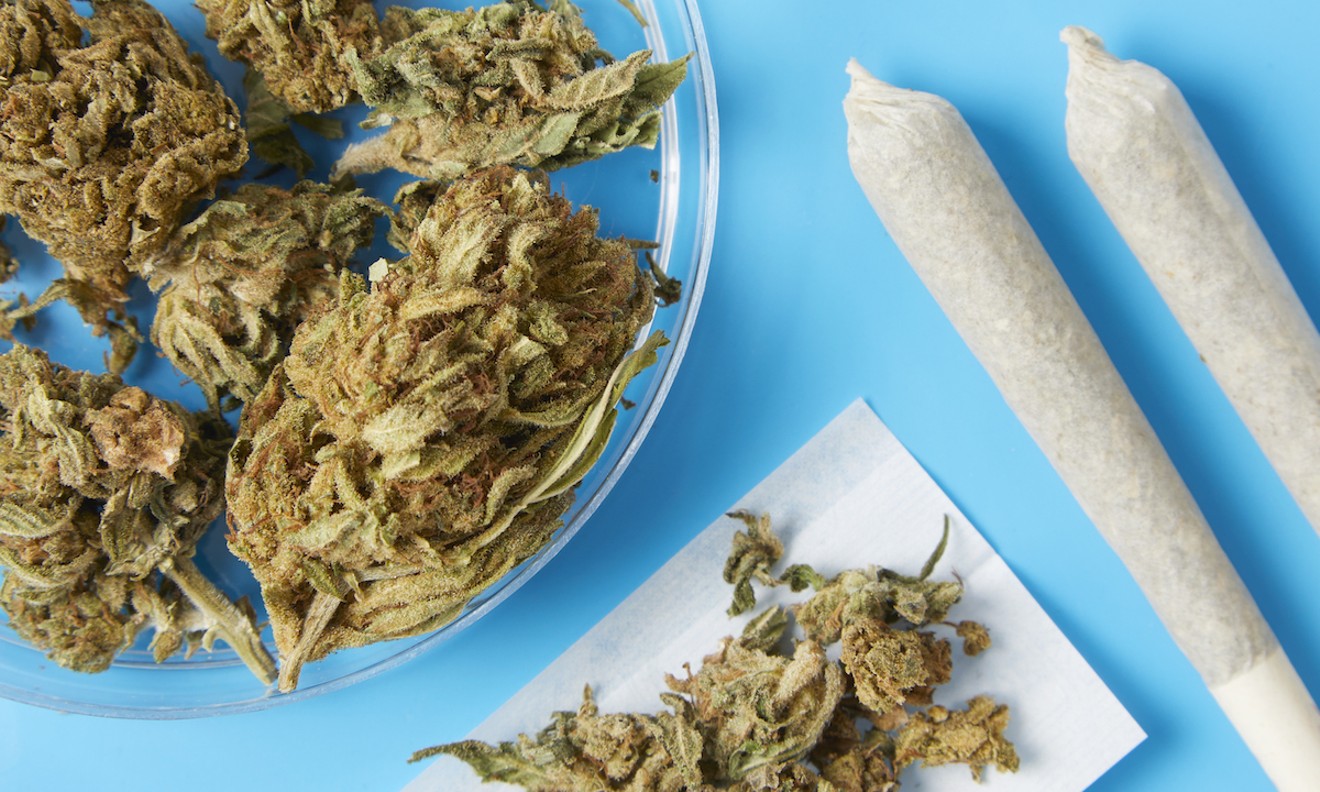Using the Possible of Medical Cannabis: Comprehending Its Function in Encouraging Health and Alleviating Health Issues

The Scientific Research Behind Clinical Cannabis
The efficacy of medical cannabis in dealing with numerous health and wellness conditions is rooted in its interaction with the endocannabinoid system within the body. This complicated organic system plays a critical function in controling various physical processes such as cravings, discomfort memory, state of mind, and experience. The energetic compounds in medical cannabis, referred to as cannabinoids, resemble the endocannabinoids generated naturally by the body, binding to cannabinoid receptors to regulate these bodily features.
One of the primary cannabinoids discovered in clinical cannabis is cannabidiol (CBD), which is non-psychoactive and has actually been studied for its possible restorative effects. CBD communicates with the endocannabinoid system by preventing the failure of endocannabinoids, bring about enhanced levels of these substances in the body. This device is thought to contribute to the anti-inflammatory, analgesic, and anxiolytic homes of CBD, making it an encouraging option for conditions such as persistent pain, stress and anxiety disorders, and inflammatory conditions. By understanding the science behind just how medical marijuana engages with the endocannabinoid system, scientists can continue to discover its possibility in promoting wellness and easing different health problems.
Therapeutic Properties of Marijuana
Understanding the elaborate interactions in between cannabinoids and the endocannabinoid system sheds light on the therapeutic buildings of marijuana for different health problems. Cannabinoids, such as tetrahydrocannabinol (THC) and cannabidiol (CBD), are the main compounds accountable for the medical benefits of marijuana.
Studies have demonstrated the performance of medical cannabis in minimizing symptoms associated with chronic pain, numerous sclerosis, and chemotherapy-induced nausea or vomiting and throwing up - Medical Marijuana Card Clinton MS. Additionally, cannabis has actually revealed assurance in dealing with psychological health problems like anxiety, clinical depression, and post-traumatic stress condition (PTSD)
Moreover, the anti-inflammatory residential or commercial properties of cannabinoids make marijuana a possible therapy option for inflammatory problems such as arthritis and inflammatory bowel illness. The therapeutic potential of marijuana remains to be explored via research study, supplying new insights into its function in promoting wellness and attending to a variety of wellness problems.
Medical Cannabis for Persistent Pain
Checking out the efficacy of medical cannabis in handling persistent discomfort discloses its possible as a practical therapy option for individuals looking for option discomfort alleviation techniques. Persistent pain impacts millions worldwide, commonly leading to a diminished lifestyle and dependence on typical pain medicines that might come with undesirable side effects or risks of dependency. Medical marijuana, with its active compounds like THC and CBD, has revealed assurance in reducing persistent discomfort by interacting with the body's endocannabinoid system to regulate discomfort understanding.
Studies have indicated that medical marijuana can successfully decrease neuropathic pain, arthritis-related discomfort, and pain linked with problems like several sclerosis. Its anti-inflammatory properties can also add to pain alleviation in conditions such as fibromyalgia. Moreover, medical marijuana provides a much more natural technique to pain monitoring, potentially lowering the requirement for opioids and other drugs with harsher adverse effects.
As research into the advantages of clinical cannabis for persistent discomfort remains to increase, its duty in giving alternative pain relief solutions becomes progressively significant for people and doctor alike.

Cannabis for Stress And Anxiety and Anxiety
Research study shows the capacity of cannabis in mitigating signs and symptoms of anxiousness and anxiety, using an encouraging avenue for those seeking option healing options. Anxiety and anxiety prevail mental health issues that can dramatically influence an individual's health and daily functioning. Traditional therapies such as treatment and drug may not always be effective for everyone, leading to an expanding interest in alternate treatments like medical cannabis.
Cannabis consists of substances known as cannabinoids, such as cannabidiol (CBD) and tetrahydrocannabinol (THC), which engage with the body's endocannabinoid system to control numerous functions, including state of mind and tension responses. Studies have shown that CBD, particularly, has anxiolytic residential properties, suggesting it can help in reducing stress and anxiety degrees. THC, on the other hand, may offer relaxation and mood-lifting impacts that can be helpful for handling stress and anxiety.
Individual responses to cannabis can differ, so it is crucial for individuals considering marijuana as a therapy choice for anxiousness and anxiety to talk to health care experts educated regarding clinical marijuana to figure out the most suitable products and dosages for their needs.
Marijuana in Epilepsy Treatment
With the proven efficiency of marijuana in resolving stress and anxiety and tension, interest has transformed towards its prospective role in the treatment of epilepsy. Epilepsy is a neurological disorder identified by persistent seizures, which can substantially affect an individual's lifestyle. For people whose seizures are not best skin specialist near me adequately regulated with visit this site conventional therapies, discovering alternate therapeutic choices such as medical marijuana has come to be progressively appropriate.
Research on making use of cannabis for epilepsy is still progressing, however there is growing proof to suggest that specific compounds in marijuana, such as cannabidiol (CBD), may supply anticonvulsant effects. CBD, specifically, has revealed promise in minimizing the frequency and intensity of seizures in some individuals with epilepsy, bring about the authorization of Epidiolex, a CBD-based drug, for the therapy of particular kinds of seizures.
While even more studies are needed to totally comprehend the mechanisms behind marijuana' possible benefits for epilepsy and to establish the most efficient solutions and dosages, the existing findings suggest an encouraging future for incorporating medical cannabis into epilepsy treatment plans.
Verdict
In verdict, clinical cannabis has shown encouraging restorative residential or commercial properties in treating various wellness problems such as chronic discomfort, anxiety, epilepsy, and stress and anxiety. Recognizing the role of clinical marijuana in health care can lead to improved therapy choices for clients seeking alternative remedies.
From persistent pain monitoring to stress and anxiety relief and even in the treatment of epilepsy, the duty of medical cannabis is interesting and multifaceted. Medical Marijuana Clinic Clinton MS.Discovering the efficacy of clinical marijuana in handling persistent discomfort reveals its possible as a viable treatment choice for people looking for alternative pain alleviation methods. Clinical cannabis, with its active compounds like THC and CBD, has actually shown guarantee in reducing chronic discomfort by interacting with you could try this out the body's endocannabinoid system to control discomfort understanding
Research studies have indicated that medical marijuana can effectively decrease neuropathic pain, arthritis-related discomfort, and discomfort associated with conditions like multiple sclerosis.In verdict, medical cannabis has shown encouraging therapeutic buildings in dealing with various health and wellness concerns such as persistent discomfort, anxiety, stress, and epilepsy.